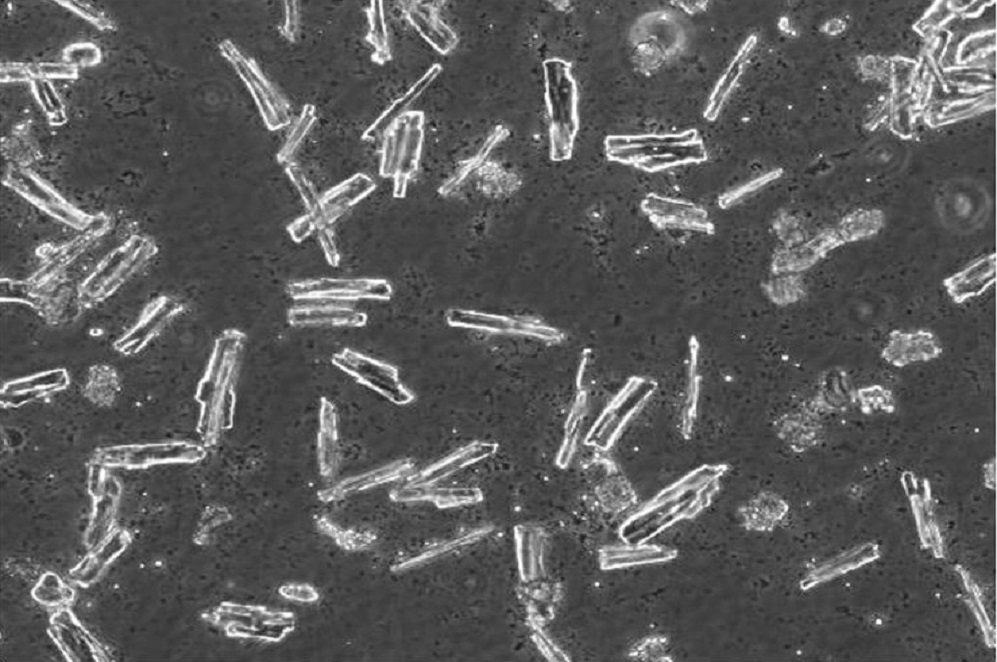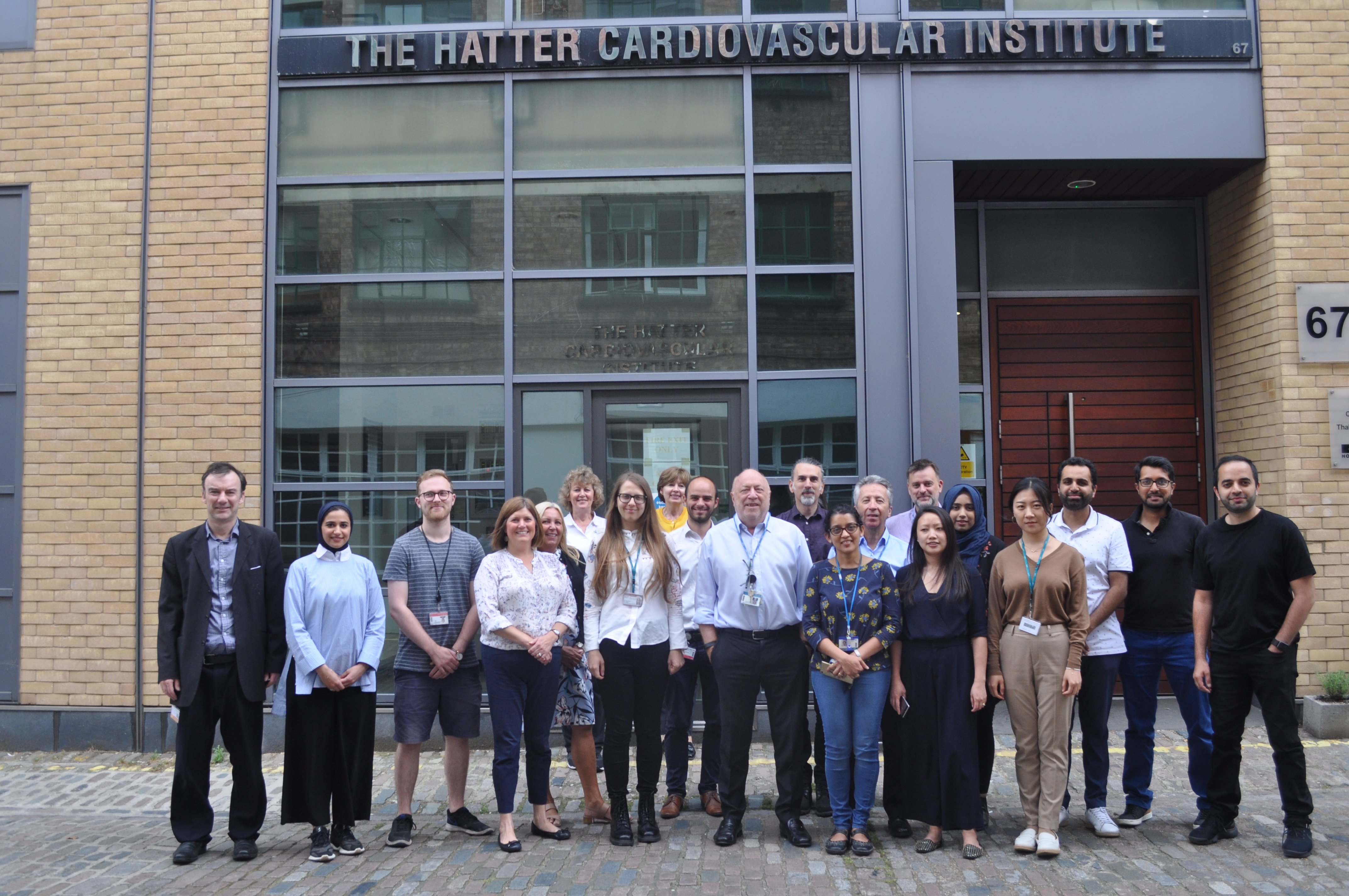The Hatter Cardiovascular Institute
The Hatter Cardiovascular Institute was established as a Clinical & Basic Cardiovascular Research facility at University College London in 1990 with an aim of gaining a greater understanding of cardiovascular disease and to generate new therapeutic strategies for the treatment of ischaemic heart disease. Since that time, the Hatter Cardiovascular Institute has developed into one of the world’s leading centres for the study of cardiovascular disease and is credited with pioneering discoveries on how to protect the heart from damage during a heart attack.
Based on our expertise gained in cardiovascular disease, we have now developed two new research programmes, the first in neuroprotection specific to ischemic stroke and the second in cancer, investigating how best to reduce the damage to the heart from chemotherapy.
Within our framework, as part of UCL’s Institute of Cardiovascular Science, we undertake basic and clinical research at the highest level, train clinical and basic scientist and continue to strive to improve the treatment options available to patients.
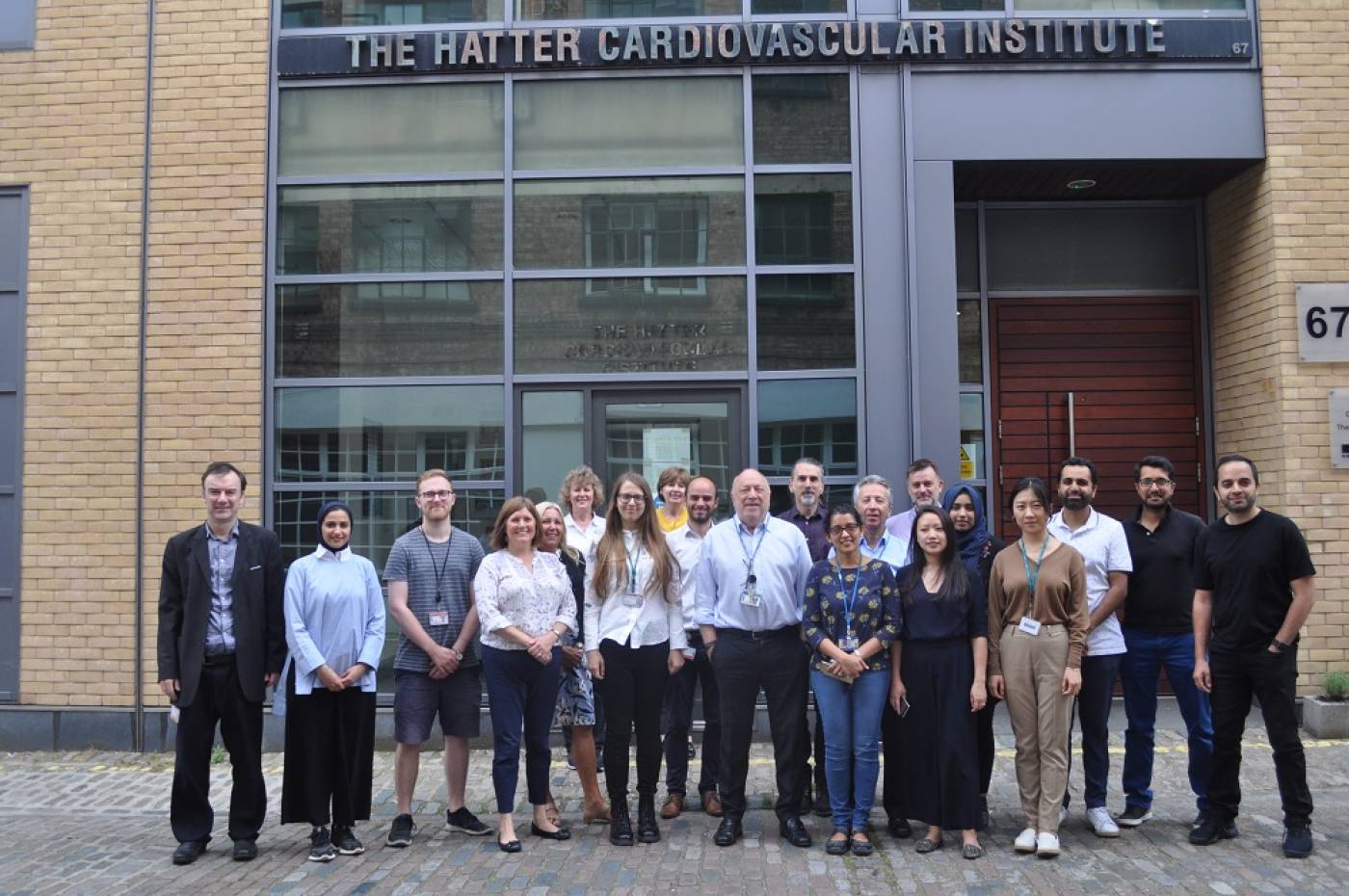
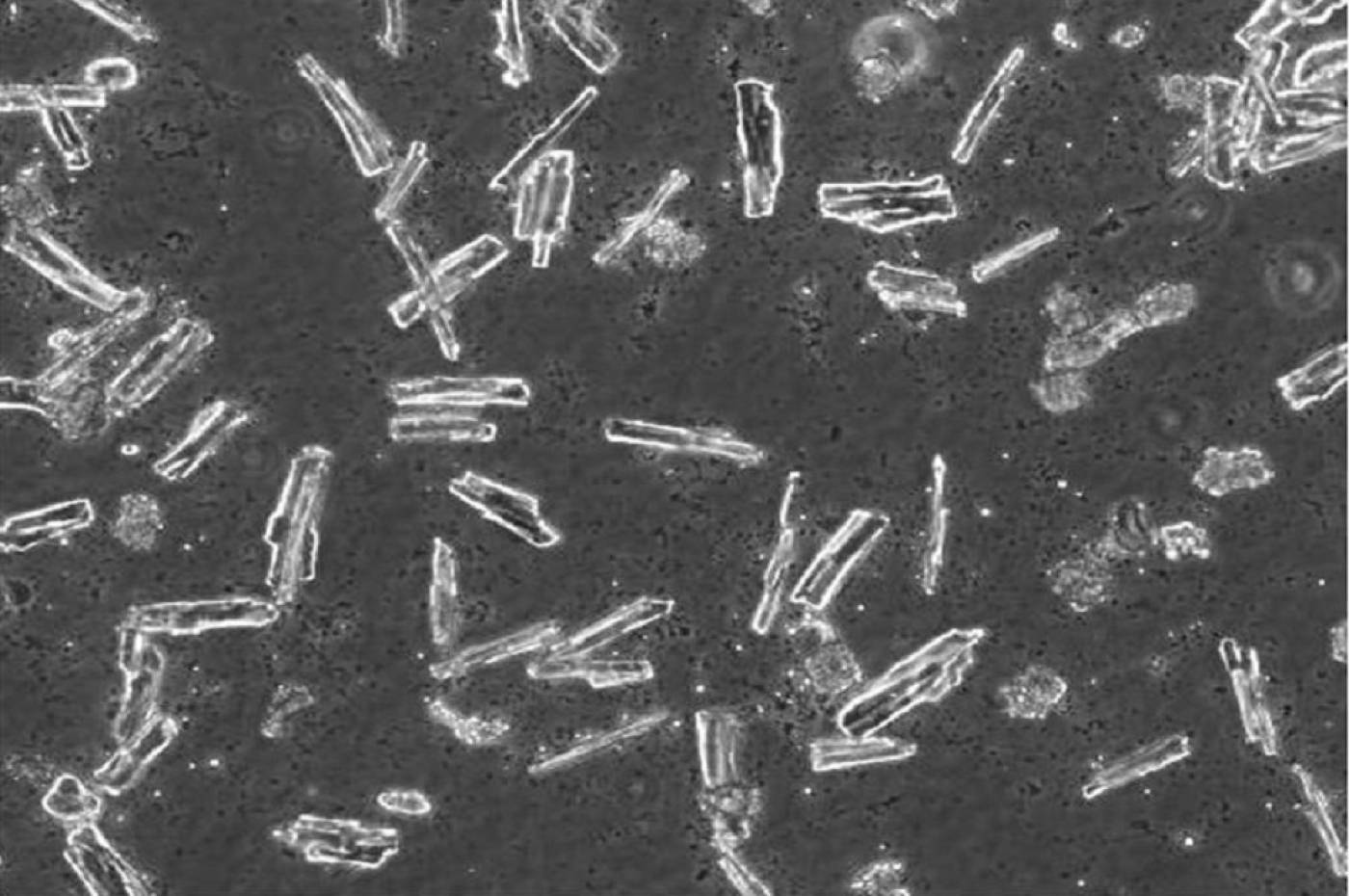
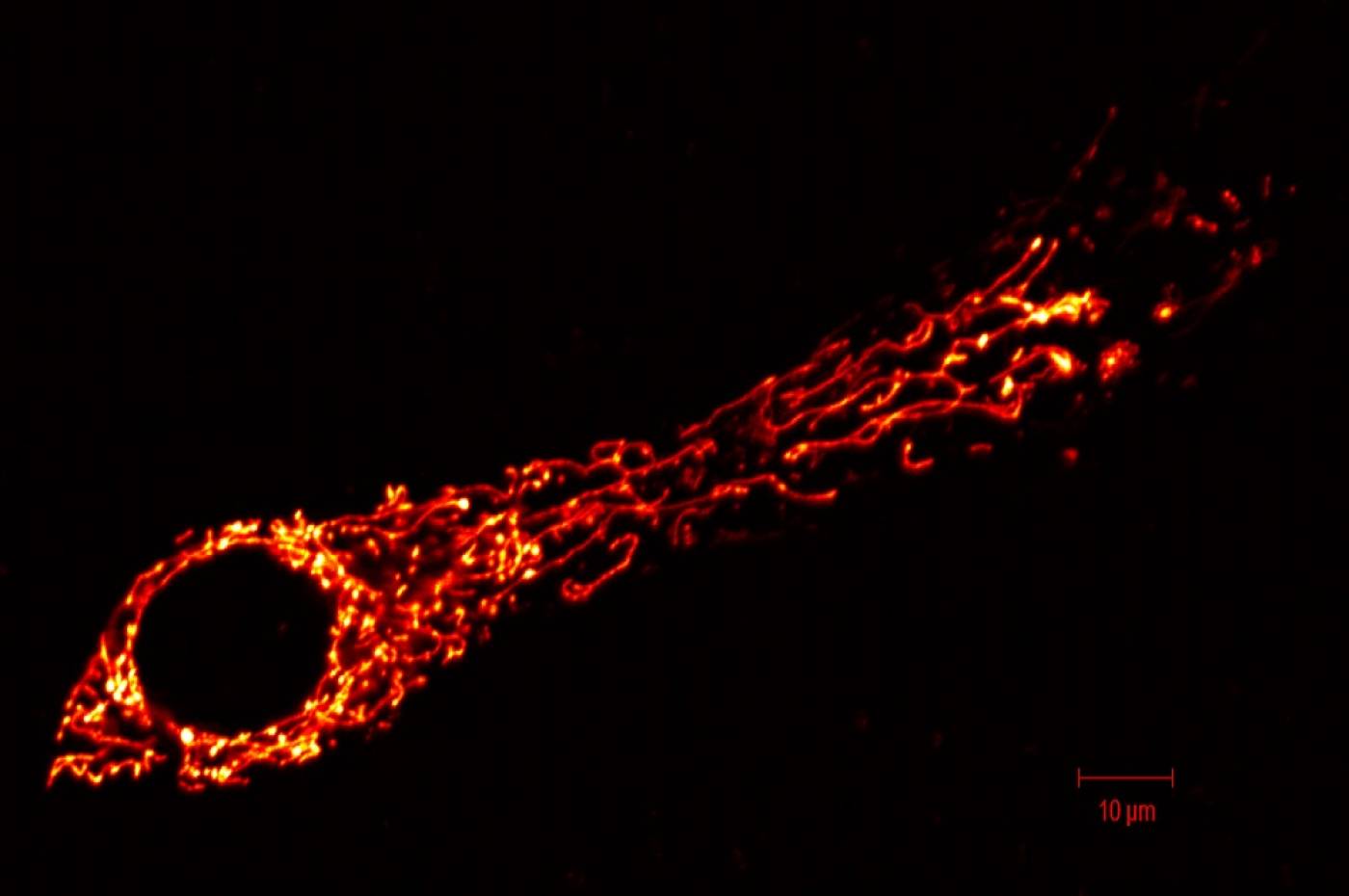
 Close
Close


